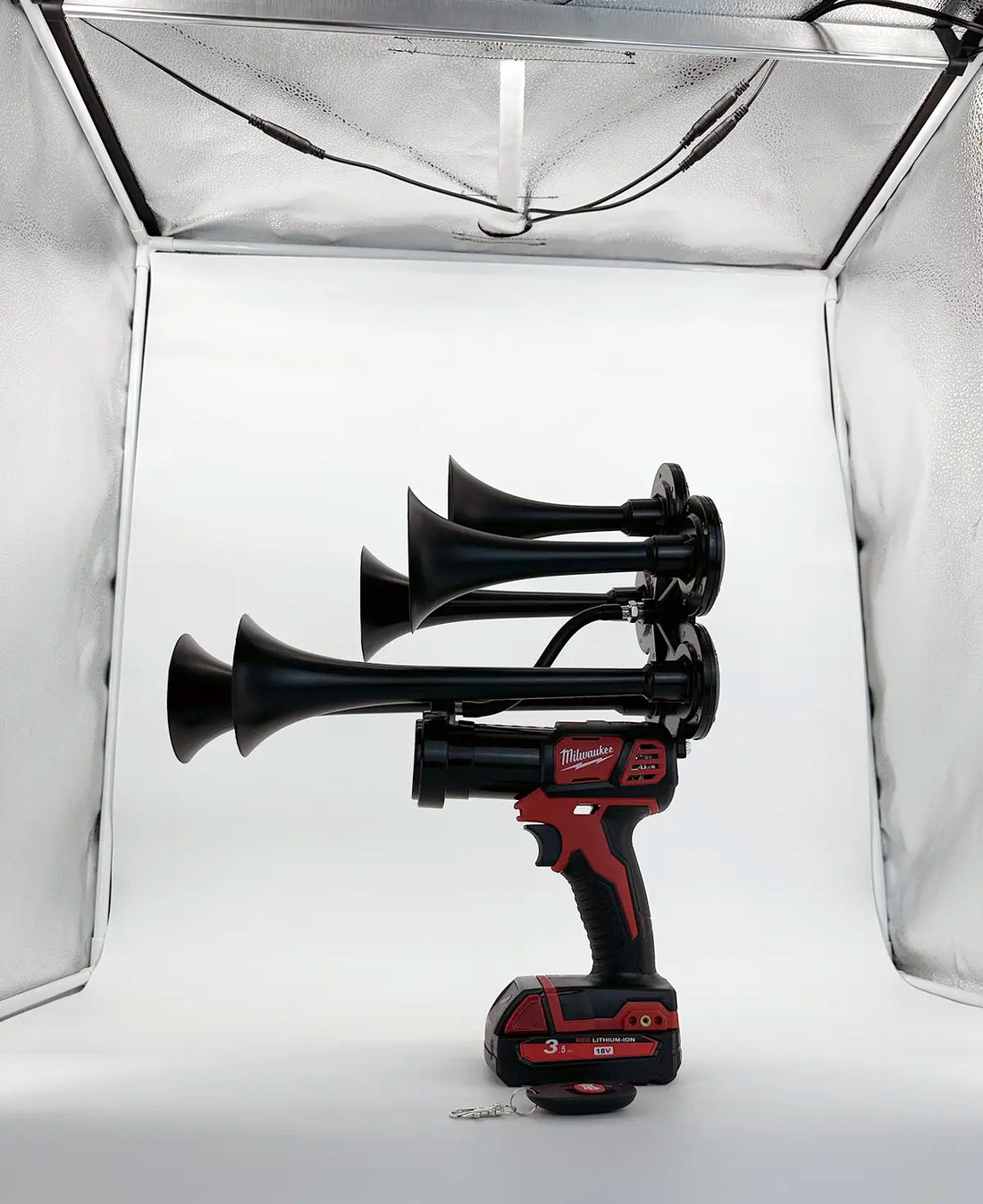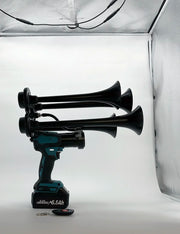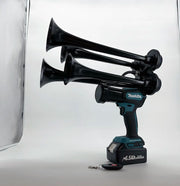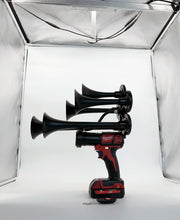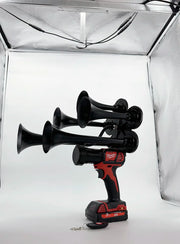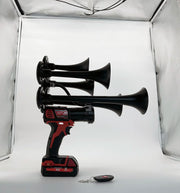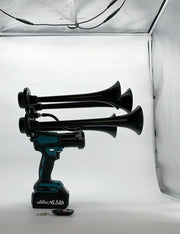The vuvuzela is a long plastic horn that produces a loud and distinctive sound when blown into. Originating from South Africa, this iconic instrument has become synonymous with sports events, particularly football matches. Its droning noise has the ability to create an energetic and intense atmosphere in stadiums around the world.
The vuvuzela has a rich history that dates back to the early 1900s when it was traditionally used by indigenous tribes in South Africa during ceremonial events. It was later adopted by football fans in the country as a way to cheer on their teams and show support during matches. Over time, the vuvuzela gained popularity and became a staple at football games globally, particularly during the 2010 FIFA World Cup held in South Africa.
Despite its popularity, the vuvuzela has also received criticism for being too loud and disruptive. In response to complaints about excessive noise levels in stadiums, some venues have imposed restrictions on the use of vuvuzelas during games. However, many fans still embrace the instrument as an essential part of the matchday experience, adding to the excitement and intensity of the event.
The vuvuzela's unique sound has transcended cultural boundaries and has made a lasting impact on the world of sports. Whether loved or loathed, there is no denying the significant role that the vuvuzela plays in creating an electrifying atmosphere at sporting events.
Where is the Origin of the Vuvuzela?
The vuvuzela is a traditional South African horn made of plastic that produces a loud, buzzing sound when blown. It originated in South Africa and became popular worldwide during the 2010 FIFA World Cup. Learn more about the history and cultural significance of the vuvuzela in the following sections.
The vuvuzela has become an iconic symbol of South African football, its loud and distinctive sound echoing through stadiums during matches. But where exactly did this instrument originate?
The vuvuzela can be traced back to traditional African horns made from kudu horns or other natural materials. These outdoor instruments were used in various African cultures for signaling and communication purposes. The modern plastic vuvuzela that we are familiar with today first gained popularity in South Africa during the early 2000s.
There is some debate over who exactly invented the plastic vuvuzela. Some sources credit Neil van Schalkwyk, a Cape Town-based instrument maker, while others attribute its widespread adoption to Freddie Maake, a street vendor who sold them outside football matches. Regardless of its exact origins, the vuvuzela quickly became a staple at South African football matches, contributing to the vibrant and festive atmosphere of the games.
Despite its popularity, the vuvuzela has faced criticism for its loud and sometimes annoying sound. During the 2010 FIFA World Cup held in South Africa, the instrument garnered international attention, with many viewers expressing mixed feelings about its presence during matches.
Despite the controversy, the vuvuzela continues to be a beloved symbol of South African football culture, adding a unique and memorable element to matches.
Statistics:
- The vuvuzela gained international attention during the 2010 FIFA World Cup in South Africa.
- The instrument has become a staple at football matches in South Africa, contributing to the festive atmosphere.
- There is debate over who exactly invented the plastic vuvuzela, with some sources crediting Neil van Schalkwyk and others attributing its popularity to Freddie Maake.
https://youtube.com/watch?v=ID2CxDeEnV0
1. What is the history behind the vuvuzela?
The history of the vuvuzela dates back to centuries ago when it was used by communities for various purposes. Initially, it was crafted from natural materials such as animal horns or kudu horns. These horns were blown to signal important events, celebrations, or gatherings within the community. Over time, the vuvuzela evolved into a popular musical instrument that gained worldwide recognition during a significant sporting event.
- Originated from natural materials such as animal horns.
- Used to signal important events and celebrations.
- Evolved into a popular musical instrument.
2. How did the vuvuzela gain international attention?
The vuvuzela gained international attention during a major sporting event held in a particular country. Spectators and fans attending the event began using the vuvuzela to show support for their teams and create a vibrant atmosphere in the stadiums. The distinct sound of the vuvuzela echoed through the stadiums, becoming a symbol of the event itself. This led to widespread media coverage and sparked a global interest in this unique musical instrument.
- Became popular among spectators and fans at sporting events.
- Recognized for creating vibrant atmosphere in stadiums.
- Symbol of the event with distinct sound.
3. What is the significance of the vuvuzela in modern times?
In modern times, the vuvuzela holds a special place in cultural events and celebrations around the world. It is often used to add a festive and energetic element to various gatherings, including sports events, music festivals, and parades. The distinctive sound of the vuvuzela has become synonymous with enthusiasm and community spirit. Despite some controversies surrounding its loudness, the vuvuzela remains a beloved symbol of unity and celebration in many cultures.
- Adds festive and energetic element to cultural events.
- Symbolizes enthusiasm and community spirit.
- Beloved symbol of unity and celebration.
4. How has the vuvuzela impacted the music industry?
The vuvuzela has left a lasting impact on the music industry, influencing the creation of new genres and styles of music. Musicians and composers have incorporated the unique sound of the vuvuzela into their compositions, giving rise to innovative and experimental musical arrangements. This has contributed to the diversification of musical expressions and introduced audiences to unconventional sounds and melodies. The vuvuzela's presence in the music industry has sparked creativity and inspired artists to explore new sonic possibilities.
- Influenced creation of new genres and styles of music.
- Incorporated into compositions for innovative musical arrangements.
- Introduced audiences to unconventional sounds and melodies.
5. What makes the vuvuzela a culturally significant instrument?
The vuvuzela holds cultural significance as a symbol of unity, heritage, and celebration in various communities. Its use in traditional ceremonies, festivals, and rituals reflects the deep-rooted traditions and values of different cultures. The vuvuzela's presence at cultural events serves as a reminder of shared history and identity among diverse groups of people. By embracing the vuvuzela as a cultural icon, communities worldwide celebrate their heritage and express collective joy through music and sound.
- Symbol of unity, heritage, and celebration in various cultures.
- Reflects deep-rooted traditions and values.
- Celebrates shared history and identity among diverse groups.
Conclusion
In conclusion, the vuvuzela originated in South Africa, specifically among the Zulu people in the early 20th century. It has since become a symbol of South African culture, being played at sporting events and celebrations around the world. The loud and distinctive sound of the vuvuzela has made it both loved and loathed, but its cultural significance cannot be denied. Despite some controversies surrounding its use, the vuvuzela continues to be a beloved instrument that embodies the spirit and vibrancy of South African traditions.




